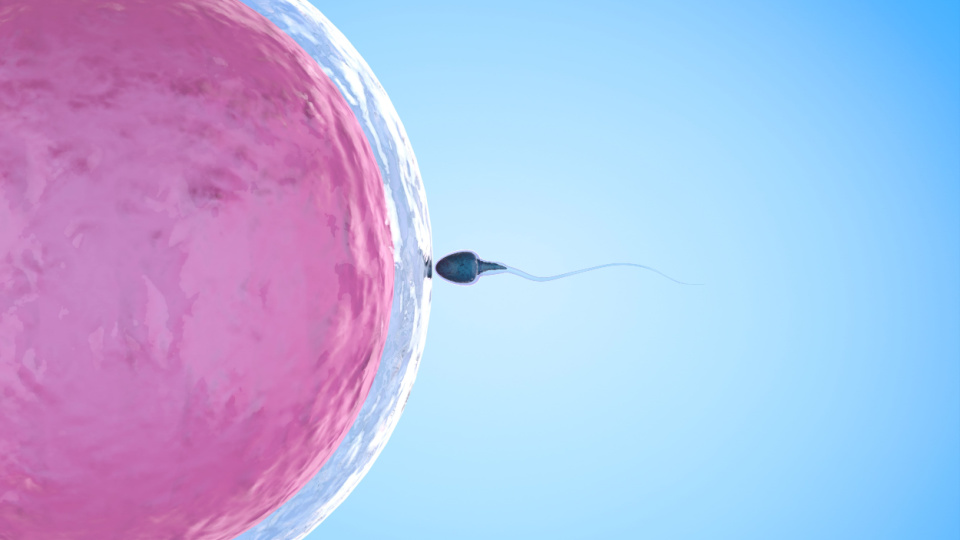IVF
Artificial Fertilisation
The best known and most discussed method of artificial insemination is the so-called IVF, in vitro fertilization.
Here, fertilization takes place outside the body in the laboratory in a special test tube.
Beforehand, the woman must undergo hormone treatment, in which ovulation is first suppressed and then stimulated again after 14 days. This is to achieve the maturation of several eggs.
During this time, the blood values as well as the development of the eggs are regularly monitored by ultrasound.
Ovulation is triggered by the administration of hormones. The eggs are then retrieved through the woman’s vagina. This procedure is performed on an outpatient basis.
The partner’s sperm are placed in a test tube with nutrient solution along with the eggs. It is necessary to wait about 16 to 20 hours to see if fertilization was successful.
The fertilized embryos are transferred to the uterus through the vagina 3 to 5 days after the eggs are retrieved. It is regulated by law how many embryos can be transferred at the same time.
When the embryo implants in the uterus, the woman is pregnant. This can be determined 14 days after embryo transfer by measuring the pregnancy hormone HCG in the blood.
After one month, an ultrasound examination is performed. This is to check whether the embryo is alive and whether it is a single or multiple pregnancy.
The success rate of IVF treatment is 30-40%.
All you need to know about in vitro fertilization is here, contact us now!

FAQ
Will ivf work?
The success of in vitro fertilisation can vary depending on several factors, including the woman’s age, egg and sperm quality, the underlying cause of infertility and the expertise of the fertility clinic. Although it helps many couples conceive, it is important to remember that it is not a guarantee of success. The average success rate of IVF varies greatly and is influenced by factors such as the woman’s age and the number of previous IVF cycles. Younger women generally have higher success rates than older women because the quality of their eggs is typically better. Advances in reproductive technologies and techniques have increased the success rates over the years. However, it is very important to understand that its success is not guaranteed and multiple attempts may be necessary for a successful outcome.
Is ivf safe?
In general, in vitro fertilization (IVF) is considered a safe and well-established medical procedure. However, as with any medical intervention, there are potential risks and considerations to be aware of. It is important to consult a qualified fertility specialist about the potential risks and benefits according to your individual circumstances.
Who is not suitable for IVF?
IVF may not be suitable for everyone as certain factors or conditions may affect its effectiveness or pose additional risks. Advanced age, typically over 40, can reduce success rates due to reduced ovarian reserve and poor quality eggs. Severe ovarian dysfunction or very low egg reserves may make IVF impossible and may require evaluation of donor eggs. In severe cases of male factor infertility, additional techniques such as ICSI or sperm retrieval procedures may be necessary. Structural abnormalities in the uterus, such as large fibroids or malformations, can interfere with IVF success and may require surgical correction. Certain medical conditions such as uncontrolled diabetes, severe heart or kidney disease or active cancer may make IVF inappropriate or risky. Untreated reproductive disorders such as endometriosis or pelvic inflammatory disease should be managed or treated before IVF is considered.
Contact us now in case you have any questions!
Types of Treatments
Artificial Insemination | Best Methods & Success Rates
Request Form
Get your free consultation
- Need guidance and reassurance?
- Talk to a real person from MedClinics!
- Let's find the perfect doctor together.